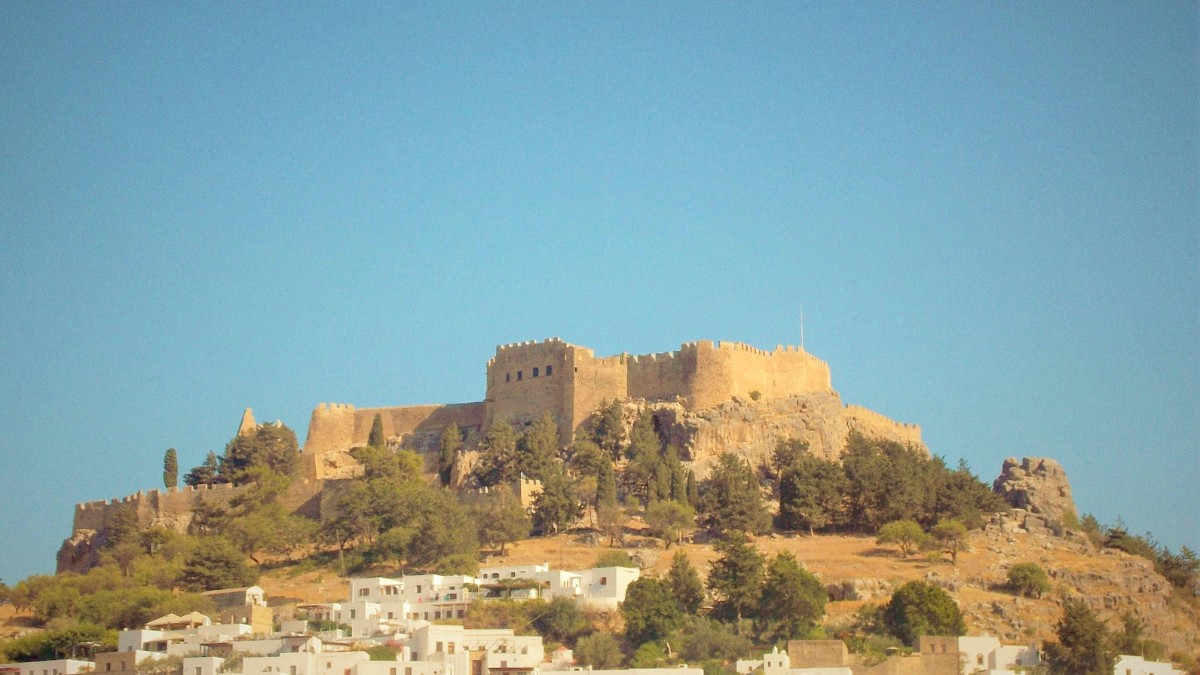
Greece
Protecting the natural environment of Rhodes and Lindos is important for the island's long-term health. Rhodes has several protected natural areas, the most prominent being the Valley of the Butterflies (Petaloudes), an unique nature reserve. Local initiatives and environmental organizations also work to protect marine ecosystems around the coastline of Rhodes, including efforts to safeguard sea turtle nesting sites and preserve clear waters.
Greece has a developing recycling infrastructure. Separate bins for plastics, paper, and glass are becoming more common in public areas, hotels, and accommodations in tourist areas. Minimize plastic waste. As an island, Rhodes faces inherent water scarcity. Be mindful of your water usage during your stay. Take shorter showers, turn off taps when not directly in use, and reuse towels and linens when possible.
Your choices as a traveler can significantly contribute to the well-being of the destination.
Look for hotels or guesthouses with environmental certifications. Some Eco-friendly options implement solar power, water recycling, or local sourcing.
Bring a Reusable water bottle to reduce plastic waste. A reusable shopping bag is also helpful. Purchase sustainable outdoor gear from companies like Patagonia.
Choose operators like G Adventures for ethical tours. They prioritize responsible marine practices and respect marine life.
Consider Carbon offset programs like Terrapass to mitigate the environmental impact of your flights to and from Rhodes. Many airlines and third-party organizations offer options.
Conservation organizations like The Rainforest Site (GreaterGood) work to protect vital ecosystems. Consider supporting such groups.
Protect clear waters and sea turtle nesting sites.
Like the Valley of the Butterflies.
Local and international efforts safeguard species.
Interactions with locals go smoother with awareness of cultural norms.
Lindos village is a protected archaeological site and a traditional settlement, with strict building regulations. Support businesses that contribute to this preservation, rather than those that compromise its heritage.
Dress modestly when visiting churches or monasteries (shoulders and knees covered). Ask for permission before photographing people. Learning basic Greek phrases reflects engagement.
Be aware of private property; do not enter homes, courtyards, or private spaces without an explicit invitation. Avoid photographing military installations or other sensitive areas.
Adhere strictly to the dress code (shoulders and knees covered). Maintain a quiet and respectful demeanor inside religious buildings. Some churches may request a small donation for entry or for photography.
Greece has rich traditions.
Local festivals celebrate patron saints or harvest.
Family connections are strong and central to Greek life.
Greeks are known for their hospitality (filoxenia).
Your spending choices directly shape the local economy in Lindos.
Dine at traditional tavernas. This keeps tourism money within the community.
Buy your groceries and everyday items from local mini-markets.
Choose accommodations owned by local families. This benefits residents directly.
Research prices for common goods and services to ensure fair dealings.
Be wary of overly aggressive sales tactics or scams.
Ask locals or trusted sources about fair prices if unsure.